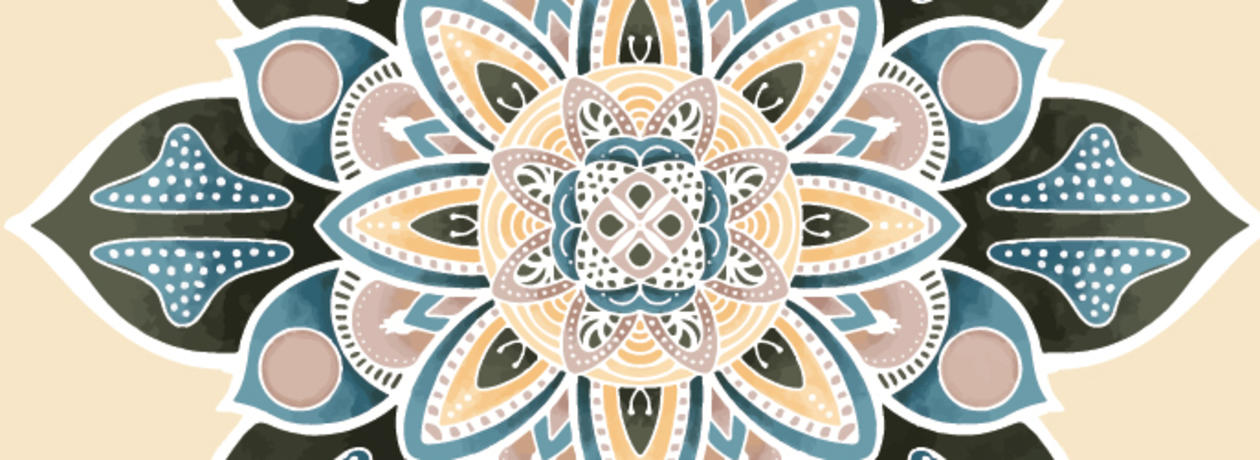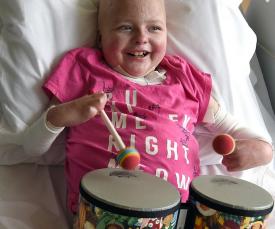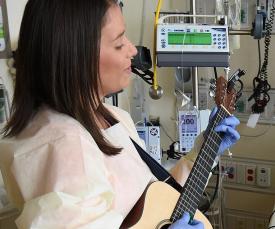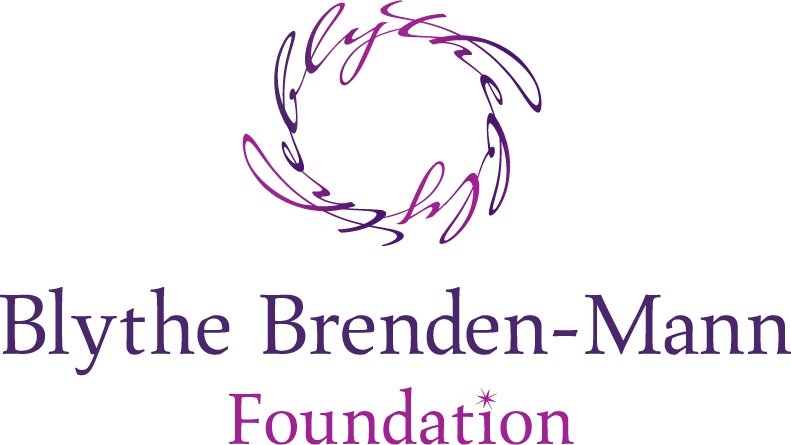Gain a sense of control and accomplishment
Music is something you can do, even when you can’t do other things you used to. And you have control over how you participate and what music you choose. (And of course, you can always choose not to participate if it isn’t helpful that day.)
Going through treatment and recovery means losing control--of your time, where you have to be, what you can do. In this situation, where so much is stripped away, music therapy offers a chance to be in control of something, to accomplish something when other abilities are gone. It might even be as simple as getting out of bed and, in this simple act, reclaiming part of that self that you may have felt that you’ve lost.











